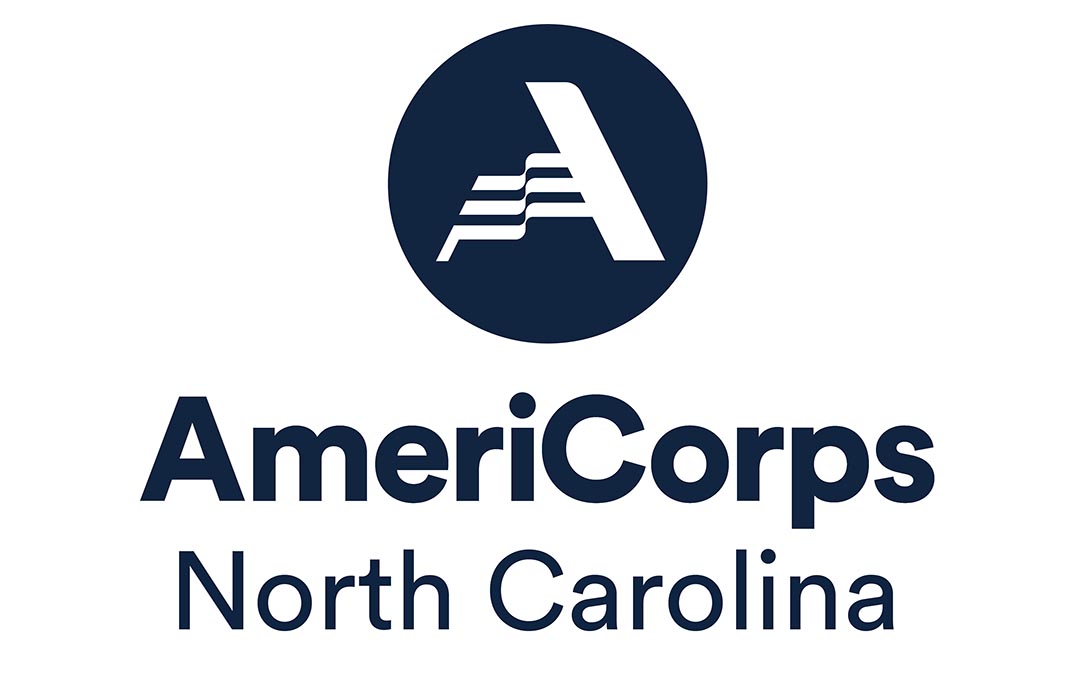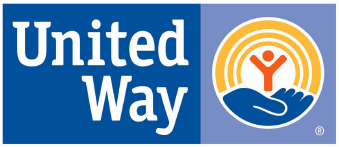From: Spring 2017 Humans of Asheville Series
By: Jennifer Mesk
“I’ve been with this organization for 33 years. I’m the Grand Poobah, so to speak, the Executive Director. Started in Charlotte and ended up here in Asheville. I hire great people and get out of their way. Everyone here has a passion for this work.
The biggest challenge of my job is money. I’ve told the Board this all the way along, why I do this is because my mom wanted me to be a teacher or a preacher so I was always leaning towards social work. I was raised that if you do good deeds your just rewards will come. That’s not how fund raising works. You have to ask for it. I’m a good manager but not so great at asking for money. When I was a case manager the kids on the waiting list was the hardest part. Just seeing the need, the craving these kids had for a little extra attention. The heartbreak of seeing a great kid but you don’t have anyone for them at that moment. A lot of kids never get a Big. We tell the parents right up front now that we don’t have enough people to even get them an application. So we do a mini interview and tell them to wait for the application process so the clock doesn’t start ticking and then when we are ready to contact them and try to get them matched in 3 months. The waiting list is too long, especially for boys. With any kind of successful recruitment you’ll get 20 volunteers and 40 kids.
I try to use this as a pulpit, there’s the preacher in me coming out. We all have a responsibility to children. I grew up in a small town in Ohio. On my off days I would be outside all day long. If I messed up I got in trouble when I got home because my parents knew about it already. I feel like we’ve lost that network. I think that’s something that kids are missing out on. Be a Big Brother or Sister, be a good mom or dad, be a good coach, a good teacher, be an advocate for kids.
As a manger I don’t work with the folks directly but there are so many inspiring stories. To have kids come back and tell us what the program did for them. Dorian comes to mind. I went out to dinner with him, he told me he’s got friends that are in jail. He just bought a house, he has a job and that it is all because of this program. He asked me how he could get involved and now he’s Board Chair. Then we had a Little Sister that was 8 when she started and now she’s 16 and she wants to help so she helps with our Afterschool Program.
We have a corporate sponsor, Tom Hill, he was a Little Brother in Washington State. He talks about that he learned how to work hard and what his favorite pizza is. But as soon as he moved here he contacted us and asked how he could help and be a sponsor.
I hope to retire in 4 years. My vision for the organization is for it to become really strong in terms of programming and leave this as a legacy. I know it works. I’ve seen it work. It works not only for the kids but for the volunteers. We hear from them. They get as much out of it as the kids. This is a way for children and adults to come to commonality. We work with poverty level kids. We work with middle and upper class volunteers. It’s the chance for both of them to see the other side and figure out how to work with the other side. We work with a lot of interracial matches. It’s one kid at a time. You start with your children and then branch out. You help others with their kids. It makes a difference for people and that’s why I’ve done it for so long.”



